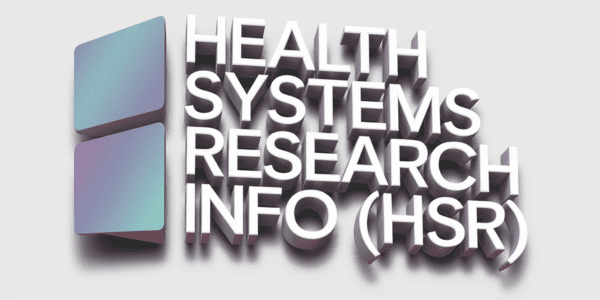Artificial Intelligence (AI) is transforming the healthcare industry. AI technologies like machine learning and deep learning are helping doctors diagnose patients more accurately. They are also improving patient care and streamlining administrative tasks.
AI Boosts Diagnostic Accuracy AI systems can analyze medical images and patient data faster than human doctors. Some AI algorithms have even outperformed experienced radiologists at diagnosing conditions like pneumonia and skin cancer. These AI tools can spot patterns that doctors might miss, reducing the chances of misdiagnosis.
AI also helps with predictive analytics. It can analyze a patient’s medical history and current health data to predict potential risks. This allows doctors to provide proactive care, leading to better outcomes and lower costs. For example, AI tools can alert clinicians when patients are at risk of getting worse, so the doctors can intervene quickly.
Enhancing Patient Care with AI AI is enabling personalized treatment plans. Machine learning algorithms can look at genetic info and clinical data to suggest the most effective therapies for each patient. This improves treatment effectiveness and minimizes side effects.
AI-powered chatbots and virtual assistants also help patients manage their health. These tools provide 24/7 support, offering advice and reminders. This boosts patient engagement and satisfaction.
Beyond patient care, AI is streamlining administrative tasks like scheduling appointments and processing insurance claims. This frees up healthcare staff to focus more on caring for patients.
The Future of AI in Healthcare The future of AI in healthcare looks bright.
Upcoming developments include:
Connected Care Systems: Healthcare may integrate all aspects of patient care into one digital network. This would allow seamless communication between patients, providers, and health systems.
AI-Driven Drug Discovery: AI is speeding up drug development by predicting how compounds will react in the body. This cuts the time and cost of clinical trials.
Digital Twins: Clinicians may be able to create digital replicas of patients. They could then simulate treatments on the digital twins before trying them in real life, leading to safer and more effective care.
Challenges Remain While AI offers many benefits, there are some challenges to overcome. Data privacy is a major concern, as AI relies on sensitive patient info. Healthcare organizations also need to properly integrate AI into their existing systems without disrupting care.
Regulatory approval for AI applications in healthcare is another hurdle. But as the technology continues to advance, the transformative potential of AI in this field is undeniable. It is revolutionizing diagnosis, patient care, and administrative tasks – and the best is yet to come.

